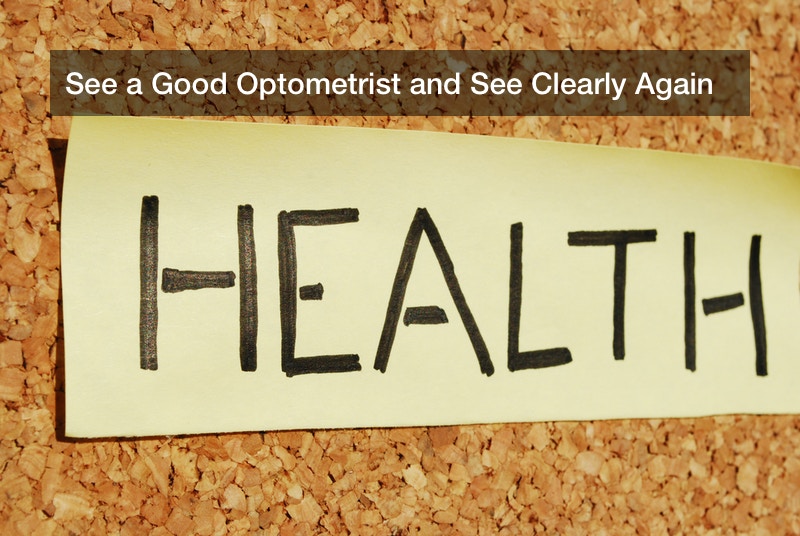
UPDATED 11/5/20
Do you notice that you have increased trouble reading far away signs or printed materials right in front of you? Are you relying heavily on a pair of over-the-counter reading glasses these days? Or do you have a glasses or contact lenses prescription that may have changed recently? If you answered “yes” to any of these questions, you probably need a good optometrist and an eye exam.
What is an optometrist? Optometrists are doctors who examine eyes for vision problems, in addition to issues related to eye health, and can prescribe corrective lenses to restore or improve a patient’s vision. Optometrists differ from ophthalmologists, with whom they are commonly confused; ophthalmologists also perform eye exams and can prescribe lenses, but they also diagnose and treat conditions of the eye, prescribe medications, and perform eye surgery. In general, people with healthy eyes (i.e. those who just require routine care) only need to see an optometrist.
If you’re wondering where to get an eye exam and which optometrist to see for routine eye care, you may have many options in your area. However, choosing a good optometrist is important, so here are some suggestions on how to choose your new eye doctor:

1. Get suggestions from friends and family. Ask people you know about their eye doctors. If you don’t know anyone in your area or don’t know anyone who sees an optometrist, check review websites for customer feedback or view listings on a professional organization’s site, such as the American Optometric Association.
2. Check your insurance coverage. If you have a vision plan, you may be able to find an optometrist in your area who will accept your insurance. Using insurance coverage and deductibles toward your eye exams and prescription lenses can save you a lot of money. If you don’t have insurance, inquire about costs before or when you visit an optometrist’s office.
3. Make an appointment. When seeking any kind of medical professional, the best way to find out whom you like is to actually meet with one. Be sure to ask plenty of questions if this information wasn’t available on an optometrist’s website. These questions can include how long the optometrist has been practicing, what credentials the optometrist has, and any other questions you may have about his or her services.
4. Choose an optometrist or try again. Reflect on your visit to this eye doctor’s office. Did the optometrist answer all of your questions? Did you have to wait long? Was the exam thorough? Did the optometrist put you at ease and seem friendly? All of these factors are important in choosing a good optometrist. If you didn’t like any aspect of your visit, keep searching.
If your optometrist offers glasses and contacts at his or her facility, make sure that they stock styles and options that you like. If they don’t, this may be another reason to go elsewhere, but keep in mind that you can bring a prescription from your optometrist almost anywhere to be filled. Above all, take the search for an optometrist seriously: don’t put your vision at risk!

Eye care help can help you see your world beautifully. Your vision is one of your most precious possessions, so take care of your eye health with the help of an optometrist, who is trained to diagnose eye problems in people with a basic eye exam. As more people are doing complex computer work, it is especially important to have an eye doctor whom you trust and feel comfortable with, and who can help you meet your vision healthcare needs.
Because many diseases of the eyes may not be painful, show no symptoms early on, and may not change vision until the eye disease has progressed, the most significant thing you can do to guard your eyesight to schedule professional eye exams.
Whether you are seeking an eye exam or eyewear, an optometrist will provide a basic eye diagram, and help in diagnosing, correcting, and treating degenerative eye disease names such as Cataracts, Age-Related Macular Degeneration, CMV Retinitis, or Diabetic Macular Edema, among other vision-related issues. It is very important to catch these conditions early to guard against vision loss and protect your precious eyesight.

